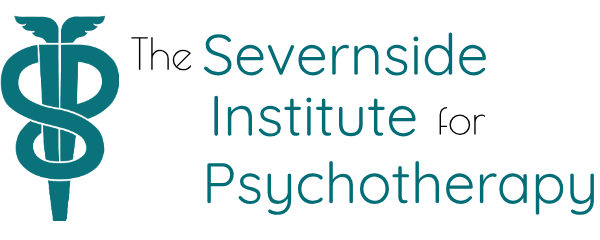As a Registered Charity (1079390), we are responsible for our own fundraising; our charitable activities are predominantly financed through our membership fees and donations from members. You can read more about our charitable activities and our contribution to the provision of therapy services and training below.
In addition to our ongoing efforts to raise funds for our Subsidised Treatment & Training Fund (which helps people access psychotherapy at a reduced fee through subsidies and/or placements with therapists in training), we are engaged in a campaign to raise the funds necessary to adapt our building at 11 Orchard Street to make it more accessible.
If you feel able to support SIP’s charitable activities, you can make an online donation via PayPal:
Twenty-first century Britain needs psychotherapy more than ever before. Thanks to major public figures in politics, sport and the royal family opening up recently about emotional difficulties, there is far more willingness to recognise and to discuss the prevalence of mental distress. There is consensus that we need accessible, responsive and effective services for everyone in need. And there is consensus that our NHS does not have the resources to cope with every need: the services are highly variable, fragmented, often absent, often hard to access without a long wait.
Inevitably, it is those who are economically deprived who are hardest hit by the shortage of effective support: full fee private psychotherapy or counselling isn’t an option, while these are the people most likely to be exposed to adversity, stress, isolation, anxiety and depression.
Socio-economic deprivation reduces accessibility to therapeutic services outside the public sector, while socio-economic deprivation adversely affects mental health and vice versa. Further, ‘poor mental health experienced by individuals is a significant cause of wider social and health problems’ (Mental Health Foundation and Joseph Rowntree Foundation (2016) Poverty and Mental Health, p.15 ff).
